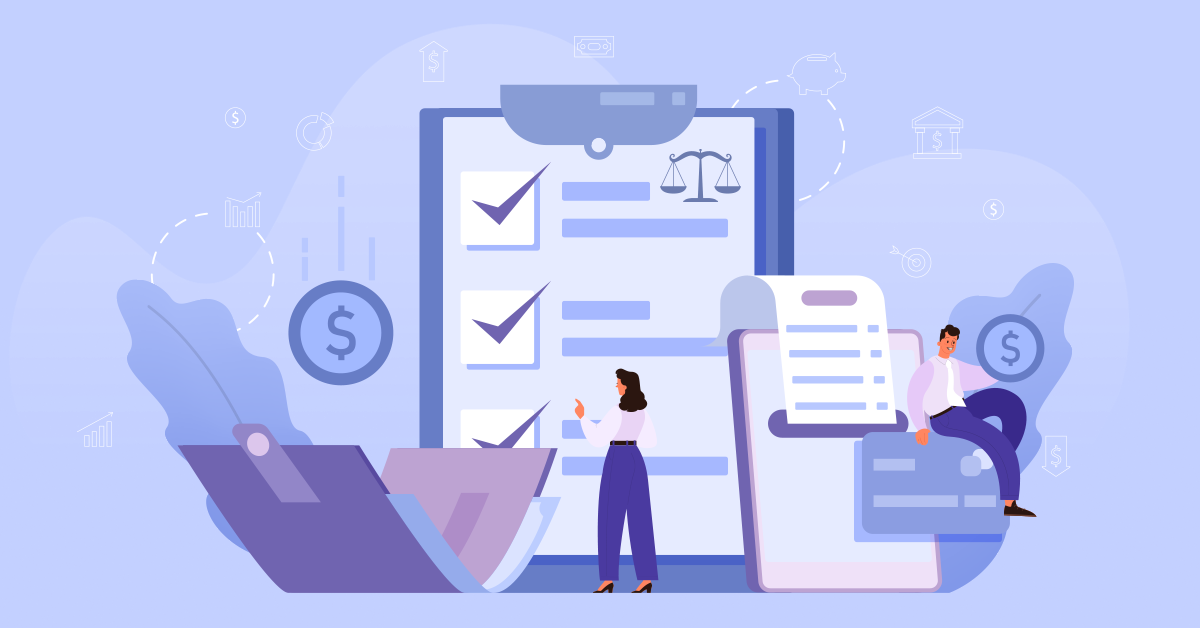Bill4Time Blog
All Blog Posts

How Do I Track My Billable Hours?
Discover effective ways to track billable hours for lawyers, including the benefits of legal software over manual t...

5 Easy Ways to Improve Law Firm Productivity
It can be difficult to improve law firm productivity when so many lawyers and legal professionals are often overwhe...

Trust Accounting: The Beginner’s Guide
Trust accounting is a part of the job for lawyers and businesses. Think estate planning or other groups that manage...

How to Increase Leads Without Free Legal Consultations
Free legal consultations may ring fear into some attorneys. Most attorneys are focused on results and don't want to...

6 Legal Time and Expense Reports Every Firm Needs
The secret to a successful law firm is keeping a close eye on its performance. Law firms that consistently track th...

3 Strategies To Improve Data Security for Law Firms
It's no secret that data security for law firms is of the upmost importance. See how to protect your data in this b...
